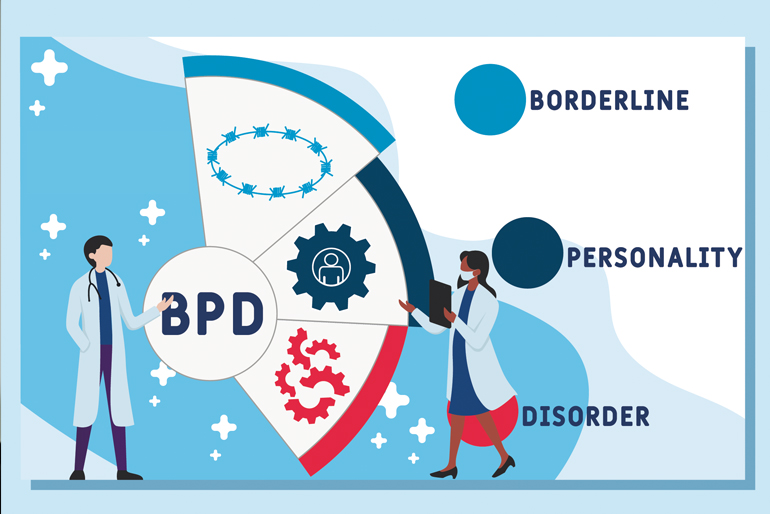Dialectical Behavior
Therapy (DBT)
Dialectical Behavior Therapy
Dialectical behavior therapy is a type of talk therapy rooted in Eastern philosophy that employs mindfulness and cognitive behavioral therapy. It aims to support individuals in paying attention to their behavioral patterns and assisting in changing maladaptive behaviors. Lindsey Capelli, LPC, NCC, SAC is a highly skilled expert in dialectical behavior therapy and is trained in using this type of therapy to treat a wide variety of conditions including trauma, and mood disorders.
What is dialectical behavior therapy?
Dialectical behavior therapy (DBT) was first developed by Dr. Marsha Linehan to treat individuals with borderline personality disorder. It has now been adapted to treat people with various mental health conditions. People with borderline personality disorder often experience intensive negative emotions that are difficult to manage and have a great deal of conflict in their relationships. The therapist works on promoting balance and helps the individual avoid black and white, or all-or-nothing styles of thinking.
The main goals of DBT are to help people learn how to live in the moment through mindfulness, develop healthy ways of coping with stress, regulate their emotions, and improve relationships. The heart of DBT is learning acceptance and change.
What are the four components of DBT?
Dialectical behavior therapy focuses on providing therapeutic skills in four key areas. These areas are:
1. Mindfulness. This focuses on improving a person’s ability to accept and be present in the current moment.
2. Distress tolerance. This is geared toward helping a person increase their tolerance of a negative emotion, rather than running away from it.
3. Emotion regulation. This works on strategies to manage and change intense emotions that are causing a problem in a person’s life.
4. Interpersonal effectiveness. This consists of techniques that allow a person to communicate in ways that are assertive, maintain self-respect, and strengthen relationships.
What mental health conditions are treated by DBT?
Although DBT was originally developed to treat people with borderline personality disorder, it’s now used to help with a variety of mental health conditions. Some conditions that DBT can help with include:
If you’re interested in seeing whether dialectical behavioral therapy is right for you, call the Living Well Counseling Center in Tinton Falls, New Jersey today. You can also send a message on the contact page of our website.



